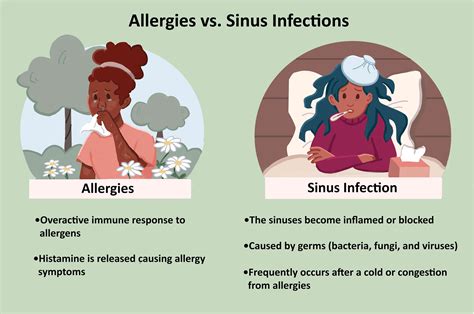Sneezing is a common symptom in pets, and it can be caused by a variety of factors. In most cases, sneezing is not a cause for concern, but it can be a sign of a more serious underlying health condition.

Causes of Sneezing in Pets
There are many different causes of sneezing in pets, including:
- Mucus: Sneezing can help pets clear mucus from their nasal passages. Mucus is a normal part of the respiratory system, but it can become excessive in some cases, such as when a pet has a cold or allergies.
- Allergies: Allergies are a common cause of sneezing in pets. Pets can be allergic to a variety of things, such as pollen, dust, and food.
- Infections: Sneezing can also be a sign of an infection, such as a respiratory infection or a sinus infection. Infections can cause inflammation and irritation of the nasal passages, which can lead to sneezing.
When to Seek Veterinary Care
In most cases, sneezing is not a serious problem, but it is important to seek veterinary care if your pet is sneezing frequently or if the sneezing is accompanied by other symptoms, such as:
- Nasal discharge: A clear or colored nasal discharge can be a sign of a respiratory infection.
- Coughing: Coughing can be a sign of a respiratory infection or a heart condition.
- Lethargy: Lethargy can be a sign of a variety of health problems, including infections and cancer.
- Loss of appetite: Loss of appetite can be a sign of a variety of health problems, including infections and cancer.
Treatment for Sneezing in Pets
The treatment for sneezing in pets will depend on the underlying cause. If the sneezing is caused by mucus, your veterinarian may recommend using a nasal decongestant or saline nasal spray. If the sneezing is caused by allergies, your veterinarian may recommend avoiding the allergen or using an antihistamine. If the sneezing is caused by an infection, your veterinarian may prescribe antibiotics or other medications.
Prevention of Sneezing in Pets
There are a few things you can do to help prevent sneezing in your pet:
- Keep your pet’s environment clean: Dust and other allergens can irritate your pet’s nasal passages and cause sneezing.
- Avoid exposing your pet to allergens: If your pet is allergic to certain things, such as pollen or dust, try to avoid exposing them to these allergens as much as possible.
- Get your pet vaccinated: Vaccinations can help protect your pet from respiratory infections that can cause sneezing.
Conclusion
Sneezing is a common symptom in pets, but it can be a sign of a more serious underlying health condition. If your pet is sneezing frequently or if the sneezing is accompanied by other symptoms, it is important to seek veterinary care.





















